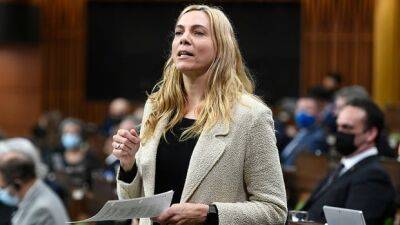Can Europe afford to wean itself off Russian gas?
The world economy has been rocked by the current energy crisis, but one industry in particular has been hit the hardest. Yara is a Norwegian fertiliser company and industry leader, with production sites around the world. Since the start of the war in Ukraine, which has seen gas prices skyrocket, the firm's production costs have also gone through the roof.
Ammonia is the main ingredient required to make fertilisers for the farming industry. To make ammonia, the company heavily relies on gas. At Yara, 80 percent of the manufacturing costs are determined by the price of natural gas.
"We are not in a position of economic equilibrium. We have had no other choice but to shut down some of our factories, in the city of Le Havre but also in Italy,” says Daniel Ménard, the director of a Yara production site in the French region of Brittany.
Yara has been on the hunt for alternatives that could replace gas for a long time now, long before the conflict began. But time is running out.
"Clearly, if you come back in a month, I can’t guarantee that this plant will be operating and will continue to produce fertilisers," Ménard concludes.
Gas companies are required by law in France to store 85 percent of the country's total consumption, starting in the spring until the reservoirs are full in November ahead of the winter season.
The massive reservoirs lie 500 metres below the surface, usually inside a natural geological structure, where the gas gets injected through pipelines.
A quarter of French gas supplies are stored in a rural area of southwestern France.
"It's a strategic tool," explains Michel Boche, an engineer at Teréga, a leader in the field. "It allows us to secure gas supplies; it also allows us to meet seasonal demand and to





